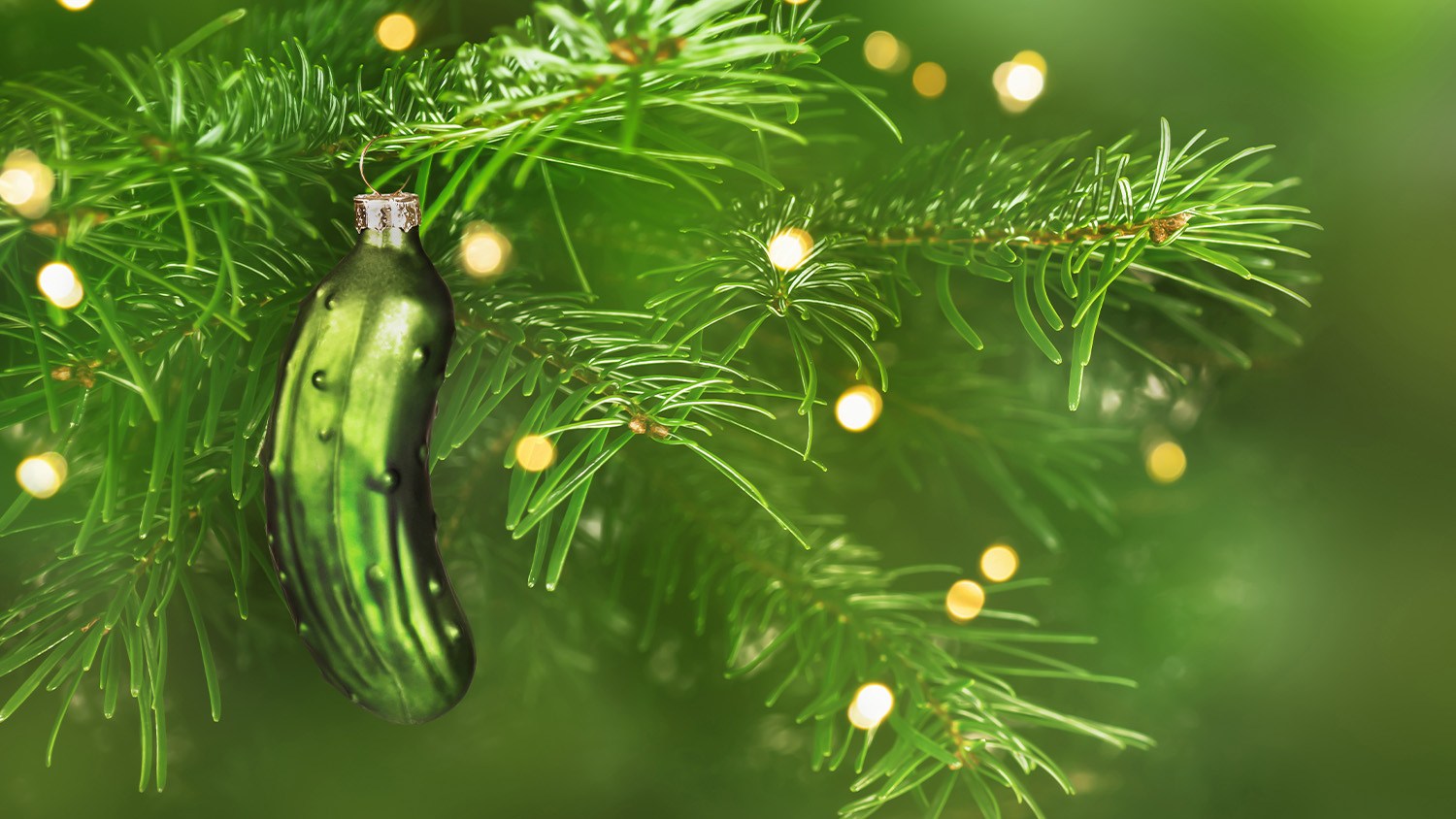Halloween occurs every year on Oct. 31. But why do we celebrate it on that day?
Halloween follows many of the traditions from the ancient Gaelic festival of Samhain, which celebrates the end of the harvest season and the start of “the dark half” of the year, according to the History Channel.
Though the festival occurred on Nov. 1, it started on the evening of Oct. 31. It was also a time of year when the season changed.
Aside from that, it was believed to be the one time of year when human life and the afterlife could be intertwined. People in that ancient time believed they could connect with the dead, which is why, according to Country Living, Halloween is believed by many to be “haunted.”
Halloween also has Christian roots, according to Country Living. In the eighth century, Pope Gregory II changed the date of All Saints’ Day – which honors saints who have passed on – from May 13 to Nov. 1. Then in the next century, Pope Gregory IV added All Saints’ Day to the universal Christian calendar, making the celebration worldwide.
All Saints’ Day is also known as All Hallows’ Day, as the noun “hallow” means “saint.” Oct. 31 was known as All Saints’ Eve or All Hallows’ Eve, whose name shortened over time to Halloween.
With Halloween on Oct. 31, All Saints’ Day on Nov. 1, and All Soul’s Day on Nov. 2., this is sometimes collectively called Allhallowtide.
According to USA Today, in 2019, the Halloween & Costume Association petitioned to move the holiday to the last Saturday in October and call it National Trick-or-Treat Day, but the effort was unsuccessful and Halloween remains on Oct. 31.












